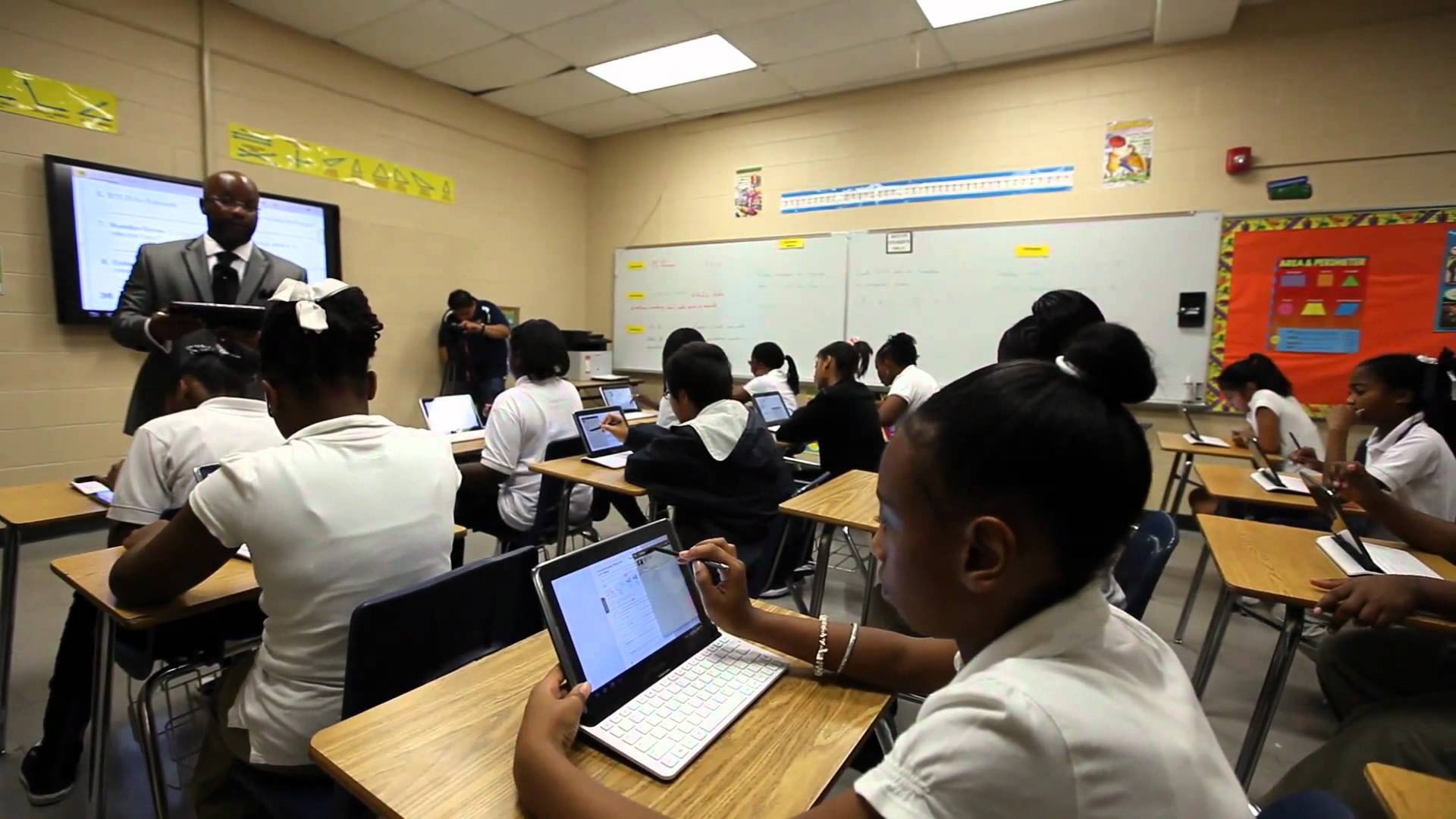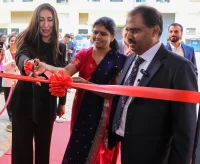Technology is one of the country’s key drivers in realising vision 2030 and as a result the government has underscored universal access to ICTs as a major plank. Access to technology is expected to accelerate economic growth by reducing the cost of transaction and increasing business efficiency. Other benefits include improved educational standards and accountability for government officials.
According to the 2010 ICT access gaps study, some of the greatest challenges that curtail technology are internet and broadband. To propel the country to a top investment hub in the region as envisioned in Vision 2030, a large population needs to access the internet. The country has made tremendous strides in putting together an ICT policy framework and implantation strategy complete with measurable results.
The universal realisation of this strategy has been challenging given a myriad of challenges such as lack of resources, national ICT infrastructure, and electricity supply – particularly in the rural areas. As much as technology is bound to control present and future lives, it is important to obtain know-how of the technological reforms at the earliest.
E-learning initiative came into play as part of the economic stimulus package to schools to curb the challenges of inadequate funding during digital content production. The use of technology in education enhances better and improved methods of content delivery, as well as expanding the available teaching and learning resources. The huge opportunities that technology presents has persuaded both government and education stakeholders to roll out digital devices in an effort to improve children’s learning and prepare them for a highly competitive global economy that relies heavily on rapid technological improvement and innovation.
Affordable smart mobile devices
Despite the fact that there are a myriad of challenges such as inadequate ICT and e-learning infrastructure and financial constraints, the impact of technology if well harnessed especially among children who are quick to learn and adapt is quite huge. If these children are well trained, they have high chances of becoming experts. Evolution of affordable smart mobile devices in the market and easy access to free applications as led to exponential growth of technology. Students require regular access to information that depends on their education needs.
The internet is becoming a solution in bridging the literacy gap in the education sector, as it is regarded as an ocean of information rendition for school going children if well harnessed. The inclusion of technology in the learning process makes it a more enjoyable activity, thus creating a greater interest from learners. With the help of e-learning platforms, teachers and students are able to interact through web based portals and access the latest curriculum content through personal computers, laptops and tablets.
Samsung Electronics East Africa has stepped in to provide a technology-rich learning and teaching environment in rural schools.
In Rongai, Kajiado County, Samsung Electronics East Africa, introduced a Solar Powered Internet Schools (SPIS) Program at Arap Moi Primary School, which utilises cloud technology innovation to enhance the quality of education in rural areas that are outside the grid by providing a technology-rich learning and teaching eco-system. The program focuses on deployment of ICT Infrastructure such as Samsung E-board, multi-purpose Samsung printer and Samsung tablets to enhance learning.
Education is widely acknowledged as key factor in ensuring sustained human development. However, the ability to read remains a big challenge in the African continent. According to United Nations Education, Scientific and Cultural Organizations (UNESCO) report in 2014, the East African countries had the lowest levels of literacy standing at 27%. This motivated corporate organizations such as Samsung to initiate a Smart school programme that focuses on the deployment of ICT infrastructure and professional development of teachers and students, with the aim of integrating ICT into their curriculum.
As industry and Government look forward with anticipation to the Innovation Africa 2016 forum scheduled for September this year, it is my belief that technological innovations will form the benchmark of the discussion. This Africa’s leading annual education and ICT forum should be a wake call for Africa arising as more than 30 African countries will be represented at the summit, allowing industry leaders and investors to engage constructively in realizing a technologically driven African continent.
[crp]


















































![Pula Co-Founders and Co-CEOs, Rose Goslinga & Thomas Njeru. Pula provides agricultural insurance and digital products to help smallholder farmers manage climate risks, improve farming practices and increase their incomes. [ Photo / Courtesy ]](https://businesstoday.co.ke/wp-content/uploads/2021/01/Pula-Co-Founders-and-Co-CEOs-Thomas-Njeru-Rose-Goslinga.jpg)




























































Leave a comment